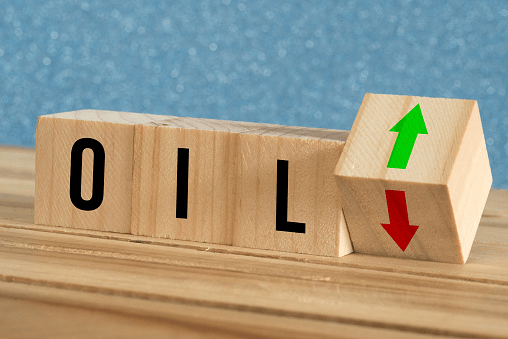Australian coking coal export to China increased by 2 million tonnes in February. In 2016-2020, more than 30 million tons of Australian coking coal were imported by China per year. An unofficial ban was placed on Australian coal, lifted after a statement from China’s commerce ministry. Three regions, Guangdong, Guanxi and Fujian, have fully lifted the restriction, and the customs authorities have allowed permission to clear all cargo. There is not much difference in the Chinese coking coal trade because there is no profit due to high Australian coal prices.
Before the restriction, China is said to have purchased more than 30 million tonnes of coking coal from Australia annually, almost 40% of its import. The premium Australian coking coal was around $360 a tonne. About 2,650 yuan, $385 a tonne, has been delivered to North China. S&P Global said the coking coal was $312/t in China. Reuters say that importers would lose $65/t as domestic supply trades at 2,220 yuan/t based on market price.
The solution to the increase in Australian coking coal
Mongolia and Russia will take over the importation supply to atone for the inadequate Australian coking coal. Also, Chinese steel companies have increased coking coal imports by 21.5% as of 2022. In November, the import of coking coal was reduced by 25.96% to 5.73 million tons.
Mongolia, Canada, Russia and USA are now the main suppliers to China. They account for 43.5%, 12.8%, 36.9% and 2.34%, respectively. According to the Chinese customs data, the import of Russian coking coal has multiplied over the year, and also Mongolia has surged 82%.
Moreover, according to the data, about three shipments have arrived with more than 30 Australian thermal coal cargo. If the Chinese domestic price declines, the Australian coking coal cargo sent to China could be resold.
Mongolia and Russian Federation raw materials are less expensive than Australian coking coal. Russia said Clyde Russell has limited capacity to supply large amounts of volume. This limitation is done to regain trade relations and trust.
Australian coking coal is easier to transport to coastal steel mills than from Mongolia. Starting from April 1, 2023, the importation rate of coking coal will be 3% and of energy coal -6%.
















